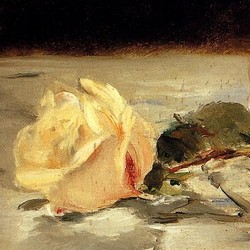
Today is Saint George's Day! And Tuesday; I'm posting one day in advance so that I can give you my musical rose, as usual. So far, a different composer has brought the rose every year; this time we welcome again a Nordic composer, after Sibelius and his wonderful Svarta Rosor of last year. Edvard Grieg visits us with one of his best-known songs, Zur Rosenzeit, with a poem by Johann Wolfgang von Goethe.
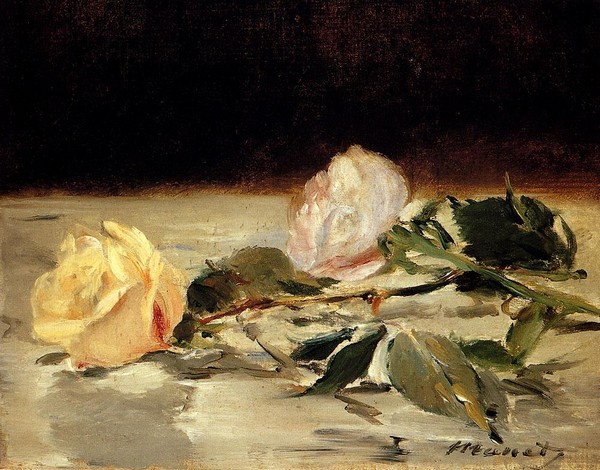
Today is Saint George's Day! And Tuesday; I'm posting one day in advance so that I can give you my musical rose, as usual. So far, a different composer has brought the rose every year; this time we welcome again a Nordic composer, after Sibelius and his wonderful Svarta Rosor of last year. Edvard Grieg visits us with one of his best-known songs, Zur Rosenzeit, with a poem by Johann Wolfgang von Goethe.
The poems by Goethe that we find musicalized are sometimes excerpts from theatre plays, such as Gretchen am Spinnrade (from Faust) or novels, such as Mignon's or Harpist's songs (from Wilhelm Meister's Apprenticeship). I found the poem that became Zur Rosenzeit (Time of roses) in Goethe's poetry collections with two different titles, Wehmut (Nostalgia) and Verwaiste Liebe (Orphaned love), but it's in origin a fragment of the first libretto he wrote; to arrive there is like opening a Matryoshka doll.
It all began in 1766 when the Irish writer Oliver Goldsmith published the novel The Vicar of Wakefield. It became very successful and was soon mentioned in many novels. I didn't read it, but that title remained in my mind (like The Posthumous papers of the Pickwick Club) when I read Little Women as a child (I still keep the copy that my grandfather gave me); I found it later in other novels over the years. Many works that mention The Vicar of Wakefield are from the 19th century, but there are also some of the 18th; it amazes me how fast literary works spread throughout Europe. Goethe came to know Goldsmith's novel through Herder, who owned a copy of a German translation from 1767; hewas among the first authors to mention it in a work, in The Sorrows of Young Werther, published in 1774.
A few years before publishing The Vicar of Wakefield, Goldsmith wrote a ballad titled The Hermit, which narrated the love story (with happy end) of Erwin and Angelina; he included it in his novel, where one of the characters sings it. This is the part that Goethe adapted in 1773 to write the libretto of a singspiel, Erwin und Elmire (for some reason, Angelina turned into Elmire). Several operas were written with this work between 1775 and 1915. The first one, by Johann André; the last one, by Otmar Schoeck; among them, one composed by a woman, Duchess Anna Amalia of Saxe-Weimar-Eisenach, who took interest in Goethe's work as soon as he arrived at Weimar in 1775. Our poet wasn't the only that wrote a libretto from The Vicar of Wakefield at that time, that show us how popular was Goldsmith's work. All those operas are nowadays just rarities; a reminder that centuries ago, like today, most of the operas “vanished” shortly after their première.
Let's go back to Goethe's libretto. At the beginning of the second act, we found Erwin gardening. He is in love with Elmire and she also loves him, but her behavior was so cold that he thought that she was refusing him and withdrew from society to become a hermit. So Erwin gazes the roses, which begin to wilt and remind him of the love he lost; These are the verses we're listening today. Then he regrets the sad life that awaits him, away from Elmire (at that point, readers already know that they will meet again).
Edvard Grieg wrote in 1888 a really beautiful song with those verses, which was published as op. 48/5; The last Lied of op. 48 is the gorgeous Ein Traum, which we heard a few months ago, and the second one is Dereinst, Gedanke mein, another beautiful song that we'll hear someday; no wonder that the songs in opus 48 are the best known of Grieg. I listened to many recordings of Zur Rosenzeit during the last days, and I changed several times my chosen version. Finally, despite the poor quality of the old recording (from 1946), I chose that of Baritone Willi Domgraf-Fassbaender (the father of Brigitte Fassbaender), I love it. The pianist is one of the great names of that time, Michael Raucheisen, but the accompaniment remains in the background. Even so, I think it's a good idea to listen to old recordings from time to time. I hope you like this Zur Rosenzeit as much as I do.
Before listening to it, one more thing: Mozart wrote just a Lied with a poem by Goethe, Das Veilchen. Guess where we find this poem. Yes, in Erwin und Elmire.
Meine Liebe trug euch nicht;
Blühtet, ach! dem Hoffnungslosen,
Dem der Gram die Seele bricht!
Als ich, Engel, an dir hing,
Auf das erste Knöspchen lauernd
Früh zu meinem Garten ging;
Noch zu deinen Füßen trug
Und vor deinem Angesichte
Hoffnung in dem Herzen schlug.
Meine Liebe trug euch nicht;
Blühtet, ach! dem Hoffnungslosen,
Dem der Gram die Seele bricht!
my love could not sustain you.
Bloom for hopelessness then,
for he whose soul is breaking from sorrow!
when I hung on you, angel,
waiting for your first little bud
and going to my garden early;
I carried to your feet;
and before your countenance,
hope throbbed in my heart.
my love could not sustain you.
Bloom for hopelessness then,
for he whose soul is breaking from sorrow!
(translation by Emily Ezust)
A few months ago, in the post X is for Xarxes socials I said that I didn't think Instagram was for me. But I've been advised to be there, so, let's try it. I don't know how long I'll be there or what will I do but, in case you want to join me, my account is @ liederabend.cat (one more time, @liederabend was taken by someone that doesn't use it; the story of my life).
Have a nice Saint George's Day!


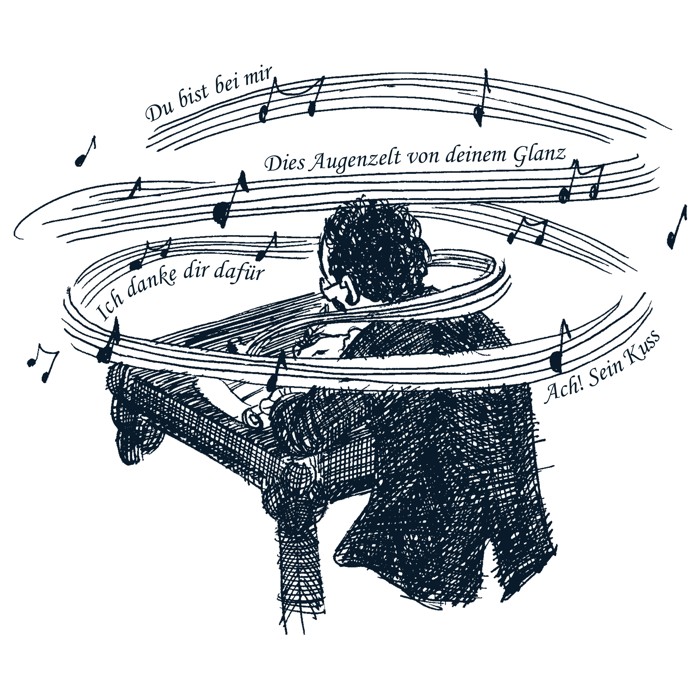





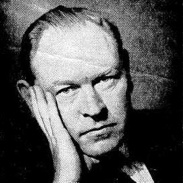

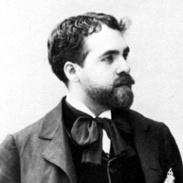








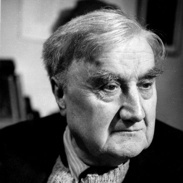
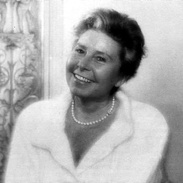









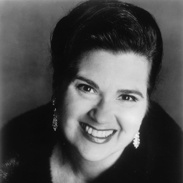
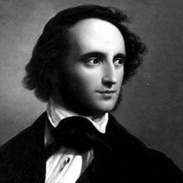


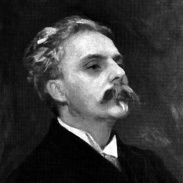

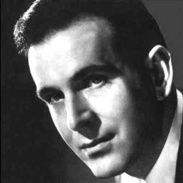
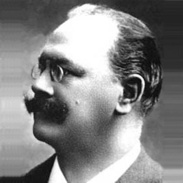




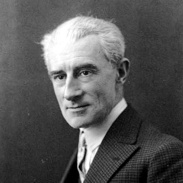


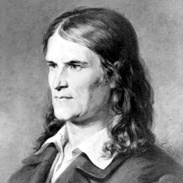


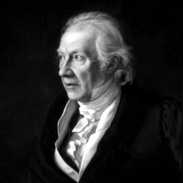






Comments powered by CComment